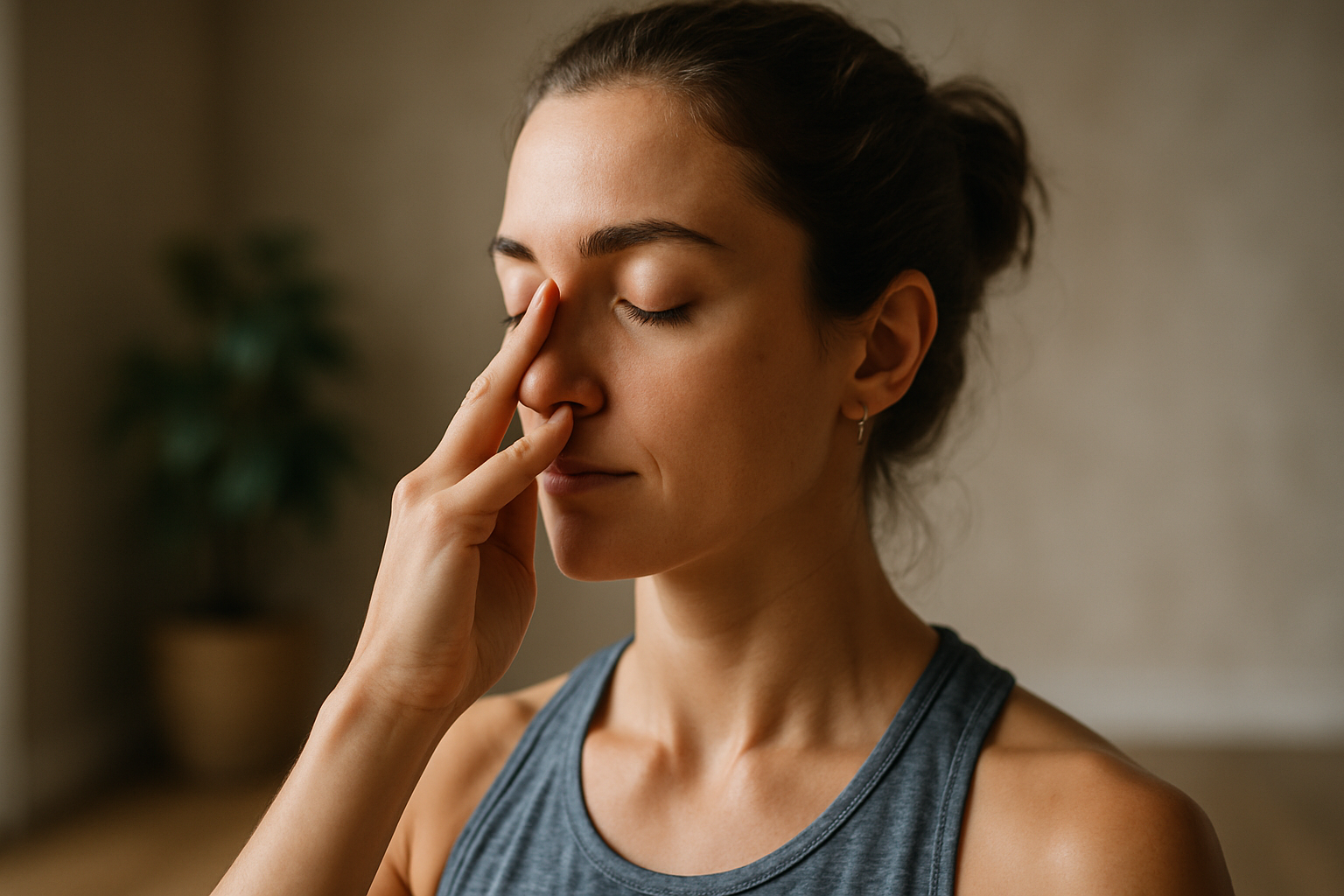Your Path to Calmness: A Guide to Natural Anxiety Management
Anxiety affects millions of people worldwide, creating overwhelming feelings of worry, fear, and unease that can significantly impact daily life. While anxiety is a natural human response to stress, when it becomes persistent and interferes with your ability to function, it's time to explore effective management strategies. Natural anxiety management offers a holistic approach that focuses on lifestyle changes, mindful practices, and healthy habits to help restore balance and promote lasting calmness without relying solely on medication.

Understanding Anxiety and Its Common Triggers
Anxiety manifests differently for everyone, but common symptoms include racing thoughts, physical tension, rapid heartbeat, and difficulty concentrating. Understanding what triggers your anxiety is the first step toward effective management. Common triggers include work-related stress, financial concerns, relationship conflicts, major life changes, and health worries. Environmental factors such as caffeine consumption, lack of sleep, and social media overuse can also amplify anxious feelings. By identifying your personal triggers, you can develop targeted strategies to minimize their impact and create a more supportive environment for your mental well-being.
Everyday Habits That Help Ease Anxiety
Simple daily practices can significantly reduce anxiety levels when implemented consistently. Regular physical exercise releases endorphins and reduces stress hormones like cortisol, making it one of the most effective natural anxiety relievers. Even a 20-minute walk can provide immediate benefits. Establishing a consistent sleep schedule helps regulate your body’s stress response, while maintaining good sleep hygiene creates optimal conditions for restorative rest. Limiting caffeine intake, especially in the afternoon and evening, prevents additional stimulation that can worsen anxiety symptoms. Creating structured routines provides predictability and control, which naturally reduces feelings of uncertainty that fuel anxiety.
Natural Techniques to Calm the Mind
Mindfulness and breathing techniques are powerful tools for managing anxiety in the moment and building long-term resilience. Deep breathing exercises activate the parasympathetic nervous system, immediately signaling your body to relax. The 4-7-8 breathing technique involves inhaling for 4 counts, holding for 7, and exhaling for 8, effectively calming the nervous system. Progressive muscle relaxation helps release physical tension that accumulates during anxious periods. Meditation, even just 10 minutes daily, trains your mind to observe thoughts without becoming overwhelmed by them. Journaling provides an outlet for worried thoughts while helping you identify patterns and solutions.
The Role of Diet and Supplements
Nutrition plays a crucial role in anxiety management, as certain foods can either exacerbate or alleviate symptoms. Foods rich in omega-3 fatty acids, such as salmon, walnuts, and flaxseeds, support brain health and reduce inflammation. Complex carbohydrates like oats and quinoa help stabilize blood sugar levels, preventing mood swings. Magnesium-rich foods including leafy greens, nuts, and seeds promote relaxation and better sleep. Some people find benefits from natural supplements like ashwagandha, L-theanine, or chamomile, though it’s important to research quality sources and consult healthcare providers before starting any supplement regimen.
When to Seek Support
Natural anxiety management techniques are highly effective for many people, but knowing when to seek professional support is equally important. If anxiety significantly interferes with your work, relationships, or daily activities, professional guidance can provide additional tools and strategies. Persistent physical symptoms, panic attacks, or thoughts of self-harm warrant immediate professional attention. Many healthcare providers offer integrative approaches that combine natural techniques with professional treatment when needed. Support groups, whether in-person or online, can provide valuable community and shared experiences that reduce feelings of isolation.
| Service Type | Provider Examples | Typical Cost Range | Key Features |
|---|---|---|---|
| Online Therapy | BetterHelp, Talkspace | $60-$90/week | Flexible scheduling, text/video options |
| In-Person Therapy | Local mental health clinics | $100-$200/session | Personalized care, insurance coverage possible |
| Anxiety Apps | Headspace, Calm, Insight Timer | $5-$15/month | Guided meditations, sleep stories |
| Wellness Coaching | Noom, Life Coach Institute certified coaches | $50-$150/session | Lifestyle integration, goal setting |
Prices, rates, or cost estimates mentioned in this article are based on the latest available information but may change over time. Independent research is advised before making financial decisions.
Building Your Personal Anxiety Management Plan
Creating a comprehensive anxiety management plan involves combining multiple natural approaches that resonate with your lifestyle and preferences. Start by implementing one or two techniques consistently before adding others, as sustainable change happens gradually. Track your progress through mood journals or anxiety-rating apps to identify which strategies work best for you. Remember that natural anxiety management is most effective when practiced regularly, not just during high-stress periods. Building these habits during calm moments strengthens your ability to access them when anxiety levels rise.
Natural anxiety management empowers you to take an active role in your mental health while developing lasting skills for stress resilience. By understanding your triggers, implementing healthy daily habits, practicing calming techniques, optimizing your nutrition, and knowing when to seek additional support, you create a comprehensive foundation for managing anxiety naturally. Remember that progress isn’t always linear, and what works may evolve over time. Be patient with yourself as you discover the combination of strategies that best supports your journey toward greater calmness and well-being.
This article is for informational purposes only and should not be considered medical advice. Please consult a qualified healthcare professional for personalized guidance and treatment.




